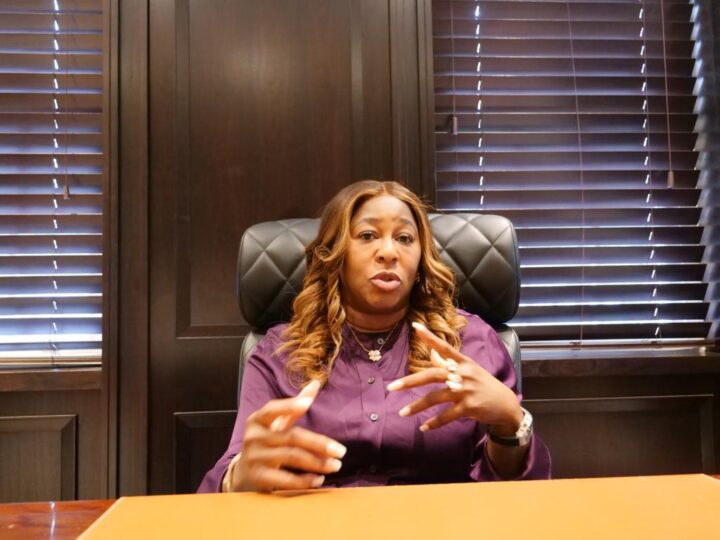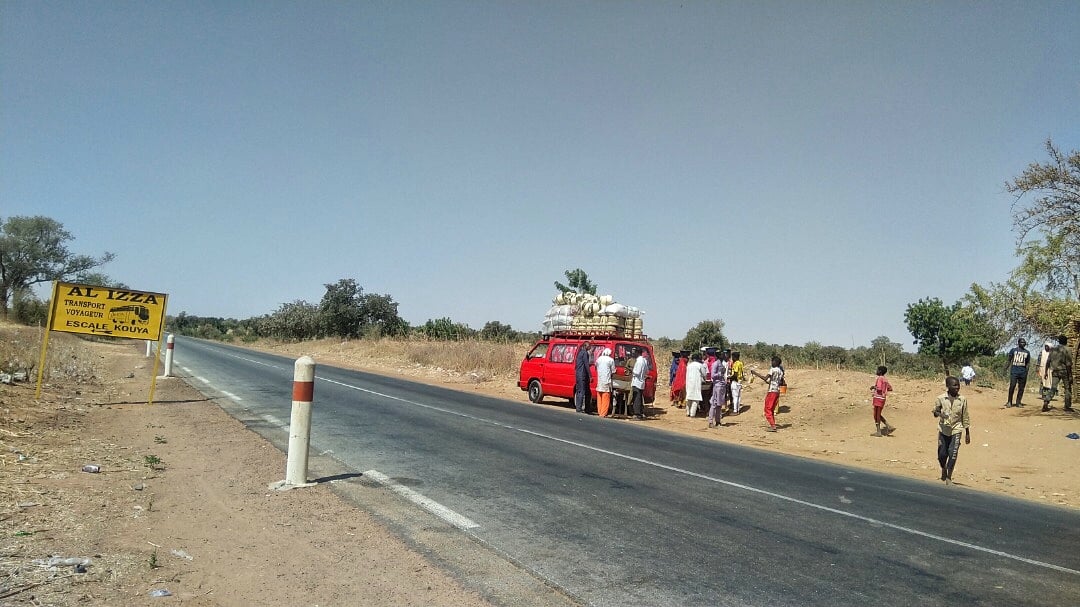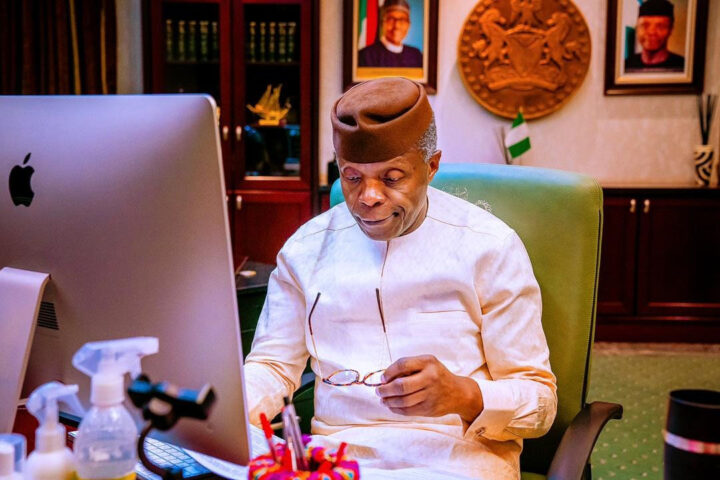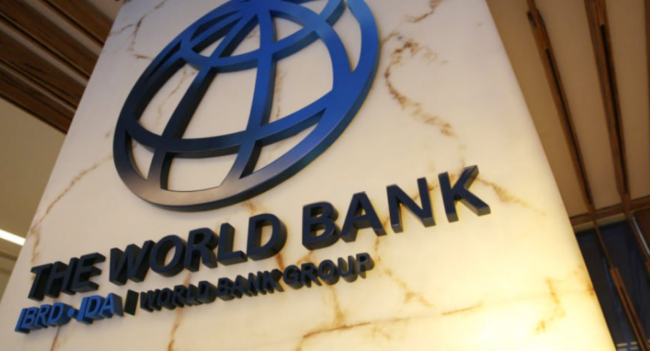Olatimbo Ayinde, managing director and chief executive officer of Dutchess Energy Limited, has been an active player in the petroleum industry for over 15 years. Her company is one of the winners of the last marginal oil field bid organised by the Department of Petroleum Resources (DPR). In this interview with some journalists, Ayinde speaks on her experience during the bid process, the situation in the downstream sector, modular refinery and other topical issues.
Question: Your company, Dutchess Energy Limited, emerged as one of the successful bidders of the last oil marginal field, tell us what was the experience going through the bid process?
Answer: We went into the bid exactly about a year ago. For us, the process was quite exciting and good enough, we were successful amid many other competitors. it was an exciting process because, in my humble opinion, it was a process that was guided by the best international standards. We put in our application and as revealed by the DPR, so many of us applied for the bid-offer. I think about 600 applicants expressed interest and that was the first phase of the process where a technical and financial evaluation was carried out. Thereafter, upon rigorous evaluation by the DPR, 540 companies were shortlisted.
After that, we went through a more rigorous commercial and technical bid phase. We submitted the economics of our chosen fields, and also made known our plans for the host community in our chosen geographical location. Basically, whatever fields you were interested in, we had to purchase and review the data as provided by the DPR and also show our financial capabilities to execute our field development plan. It was also very important to showcase whatever experience you have in the oil sector. Subsequently, 161 companies were shortlisted as potential awardees.
At this point, it became even more exciting because you had to now approach the banks, try to raise money, leverage on your financial capabilities and it was very daunting as there was a time limit of 45 days. What that means is that you must have been prepared, prior to the exercise. With this advantage, we were able to secure the necessary assistance from our banks.
Advertisement
As you may be aware, many companies were not successful in this particular phase. This is partly due to difficulties that the industry has faced over the last couple of years. And we were very excited to be able to participate and grateful to be successful. As it turns out, the award was given to us exactly a year after we entered into the bid process. Precisely on the 31st of May, 2021, we were awarded our licence letters amongst other successful companies.
Question: You said the DPR followed due process during the bid exercise. So, how will you judge the role of the DPR in the process?
Answer: Oh, for the first time, I would say that we had a process where the DPR was very transparent. We were expecting the usual kind of bids process we have seen in the past but this was very different. There was a time span that was designated for each process and there were no extensions. The entire process was cast in stone. That meant you had to be well- prepared. There were no cutting corners with this one. I mean, you just knew you couldn’t just get any information outside of the usual. All information was available on the website and they followed everything and dates to the letter. It’s very unusual to see how this development happened in this industry. You see, a lot of people felt, well, there would be an extension of the deadline, we have had this in the past. This was one of the many surprises with this bid. If you missed a deadline over the submission of a particular document, you are out. It seemed everything was computerized. Unfortunately, a number of applicants fell out because you could not submit once midnight had gone past on the day of submission. It was absolutely transparent. Also, remember this was done during the pandemic, so the automation was necessary, but interestingly, and because the process was computerized, there was no room for human error. So the DPR performed above expectations in quite unusual times, considering the Covid 19 pandemic. It was actually the very best standards that we have had in the industry and the DPR should be commended for this effort.
Advertisement
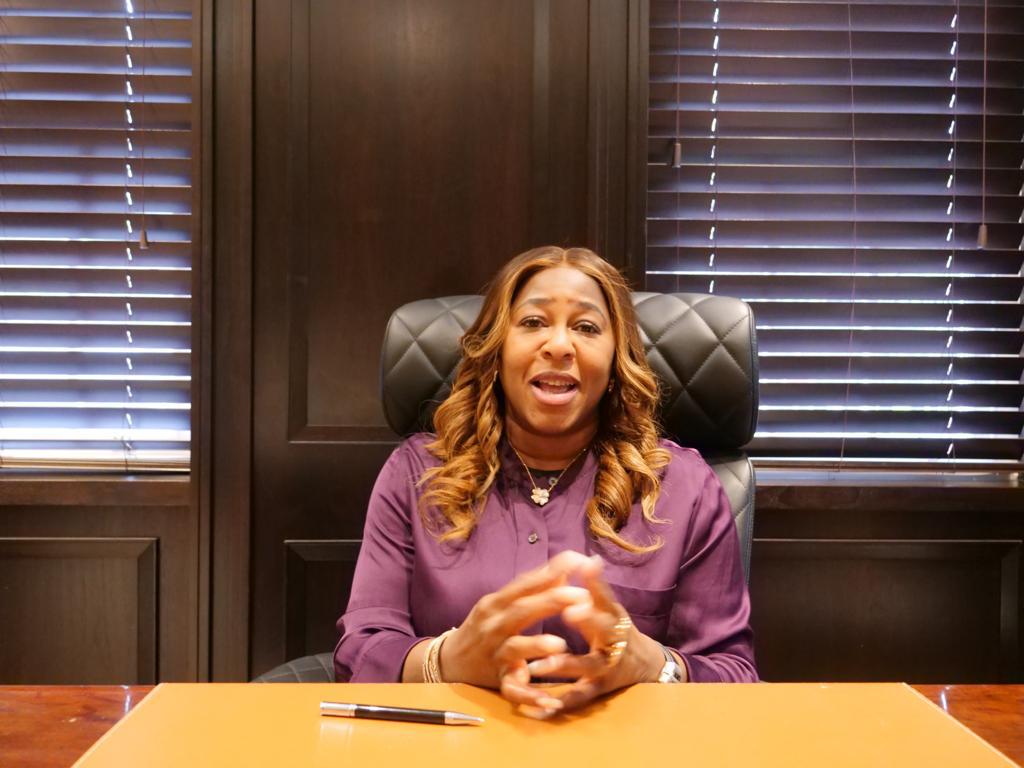
Question: So, how do you think you would be able to operate successfully in this sector with demand for huge financial resources? How are you going to cope with the huge financial resources, because this is an enterprise that demands a lot of money?
Answer: In this sector, it is a lot of investment that you have to put in depending on your terrain. There are different terrains, there is land, swamp, shallow offshore and deep offshore. I’m almost certain for most of the fields, regardless of your terrain, you will be looking from about $50 million to $200 million to hit first oil. Regardless of terrain, it is quite a huge investment. There are different ways of financing, for example via banks or private equity. If you go the bank route, you may look at reserve-based lending, in which case you must have proven and verifiable reserves or straight debt financing, where you may be required to have other sources of income. Private equity on the other hand would look at private investors who could be interested in private equity or debt financing through the use of technical partners. Unfortunately, the banks are not really interested at this time to lend aggressively to the sector as they like to come in after you have hit first oil, they may then consider reserve-based lending.
So, most of us awardees would be looking at private equity, where we will get technical partners to farm in to the assets and we are able to give up some percentage. By law, we are not allowed to give anyone else more than 49% of the asset. This means that you as an indigenous partner will hold onto 51% of the asset and will always be the majority. This is one good advantage of being a Nigerian in owning an asset.
Advertisement
Question: Your company has been a key player in the downstream sector. What gives you the confidence that you can transit to the upstream sector?
Answer: We have been in the petroleum industry for over 15 years. We’ve participated actively in the Marine Logistics subsector, moving large volumes of petroleum products from one place to the other. I’m someone who likes to say that I came from the sea to land. We then ventured into the downstream sector. We have been able to go through the entire value chain and it has been a wonderful experience. Behind all of that, is the upstream which completes the entire value chain of the oil and gas sector. It is an area we have always wanted to go into. The last marginal fields bid rounds were in 2003, and that was 18 years ago. We as a company have been waiting for this opportunity for 15 years.
The world including Nigeria is moving into alternative energy and for Nigeria, we are looking for more of gas for cleaner energy. There is a huge opportunity in that sector that is untapped. Nigeria is more of a gas reserve country than crude oil reserve.
Globally, gas is taking the central stage in line with the concept of going towards cleaner energy. There is a lot of emphasis in Nigeria today on gas because we have a lot of more gas with proven reserves at 200 Trillion TCF largest in Africa and probably the seventh-largest in the world. However, this is a massively untapped area and our production is low. These are areas that a lot of us in the downstream, or even in other sectors, are looking forward to as the next level as we will bring in some of this gas from the upstream to the domestic market as LPG. Even as the world is moving away from dirtier fossil fuels to cleaner energy, Nigeria is looking towards gas. As you may be aware that even the government is encouraging the conversion of cars (vehicles) from petrol into gas as a source of energy.
There is a lot more and the government is gradually phasing out the use of Kerosene for cooking. The two sectors are interwoven always, just as we explore and produce the crude oil in the upstream, refine it in the mid-stream and distribute it in downstream for domestic consumption. So there is quite a bit of transition taking place in the downstream. I believe that our strength in the downstream and mid-stream will give us an added advantage as we venture upstream.
Advertisement
Question: Some experts, including your humble self, believe that there is a need to change the narrative in the petroleum sector. How do you want to go about achieving this worthy goal?
Answer: First of all, I would like to emphasize that there is not a lot of people of my gender in the petroleum industry. We have been few that have participated or played actively in all sectors. I want them to see that this is not a male-dominated only business. There are few women players in the upstream, but with this exercise, hopefully, there are more openings for women participation. I’m hoping that with my coming into this sector, it is showing that there is a lot of good prospects for the women folks in the industry. This space is made for indigenous companies, giving all, whether male or female the full fledged benefits of being a Nigerian to participate. As I said earlier, this is a huge opportunity for anyone who is a Nigerian as it gives you an added advantage over the expatriates that would come into the sector.
Advertisement
Moreover, it is exciting because I’m a woman in a male-dominated sector, and we have been seriously embraced by the whole value chain. I feel there is a lot of encouragement for a lot of us (females) to participate. So in changing the narrative, it would be that, more Nigerians and particularly women can do this. There is a lot to achieve as being a Nigerian. If you consider the advantage offered by the Local Content Act on indigenous owners, there are certain aspects left exclusively for Nigerians only. So you would feel privileged to participate in something like this and be ‘Proudly Nigerian’.
Question: A lot of people have expressed difficulty in raising finances in this sector. What is your take on this?
Advertisement
Answer: First of all, it is good for you to understand why people are finding it difficult to raise funds. Some unusual things have happened in this sector. For example in the peak of the Covid-19 pandemic on April 20, 2020, the price of oil nosedived to $0 and then it went even lower to -$35 until it was pegged by the New York Stock Exchange. This is something terribly unusual and most unfortunate, it shook the entire industry. Prior to this time, oil was trading at very low levels, WTI was trading at $20 and Brent, which affects us in Nigeria, was trading at $25. Before now, oil was seen as very stable and unshakable. But during the pandemic, oil became cheaper than McDonald’s happy meal.
On that unfortunate day (April 20, 2020), the price of crude WTI crude oil nosedived to -$35 per barrel, which meant at some point, you were paying someone $35 per barrel to take your oil. Now, if you consider the cost of exploration, production and in places like Nigeria with community disruption & expenses, bringing production cost in most cases from between $18 – $25 per barrel, you will see that for quite a while they were trading at a huge loss and when the sector loses money, the Banks are badly hit. This has left a dent in the banks considering that when they took up many of these investments, oil was trading at $100 per barrel. This has made banks extremely cautious of the Oil and Gas sector and their risks departments don’t forget easily. Even though oil is now trading at $70 per barrel, the low prices of oil in recent times has been a major obstacle in funding. Hopefully as time goes on, their wounds would heal and memories will fade, provided oil remains stable and trades above $50 per barrel. I am optimistic that we will become the beautiful bride of the banking sector once again.
Advertisement
Add a comment
